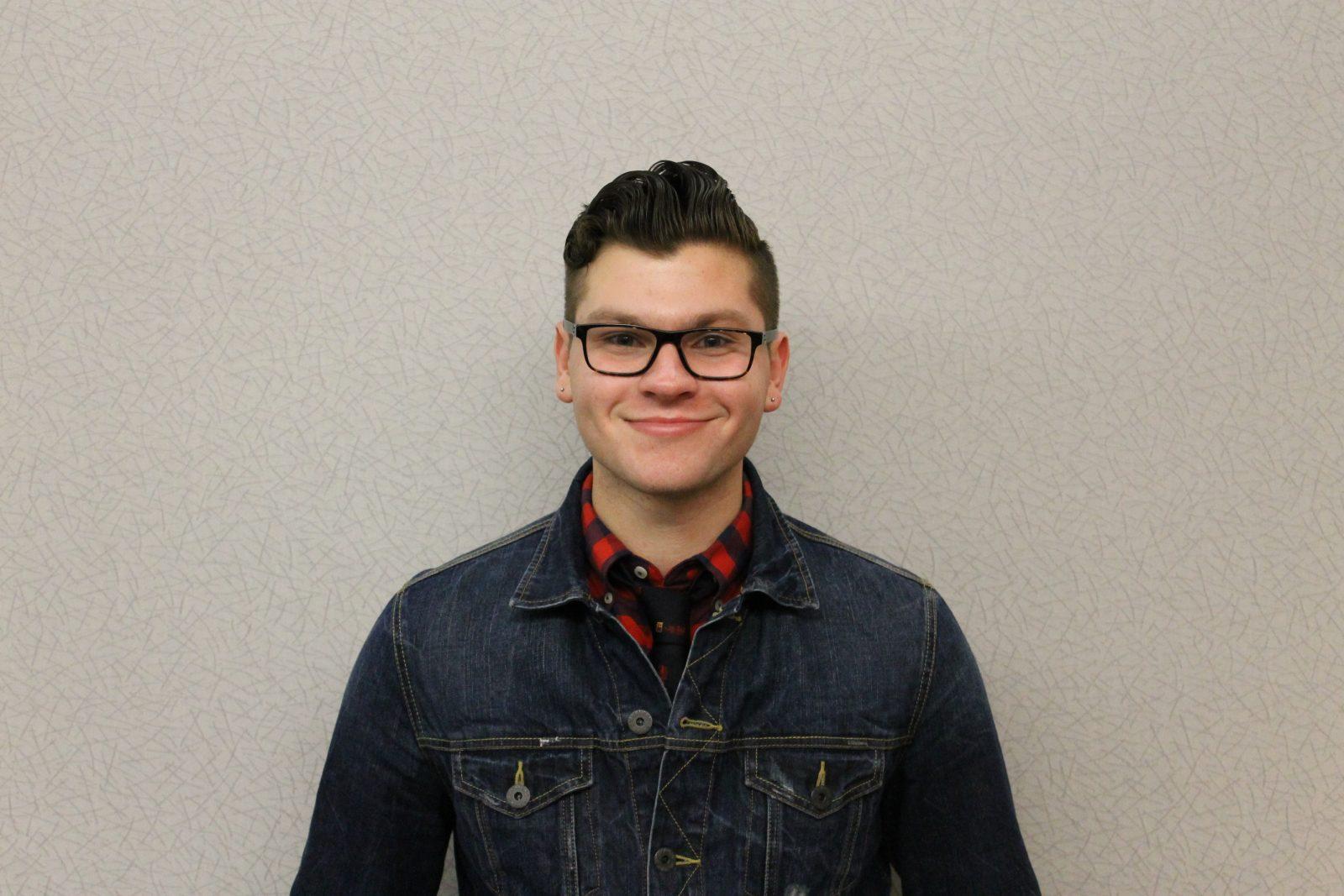In 2017, it seems that everything is political. Something as simple as where you buy your coffee has become a political statement. But this should not be surprising to us. Everything is political. The words you say or don’t say, your interests and even the classes you take say something about your political opinions.
Art appears to be apolitical. My decisions to read Sophocles’ tragedies or to go see a musical this week do not seem to be political statements. However, the act of consuming art is inherently political.
I have noticed at Boston University, and other universities, that the people interested in art fall into two categories. The first group I will call “art tourists.” This group views art as something to be consumed as a commodity. A piece of art is judged by its price tag and its popularity. They take art history or poetry classes to fulfill general education requirements and make conservation at cocktail parties. They are interested in art for economic reasons. They consume art as a way of appearing “cultured” without actually being cultured. They enter the art world as a consumer and appropriate what they find for their personal use. They buy expensive paintings for their offices or have a quote by John Keats etched on the side of their building. They aren’t artists and make this very clear. They are those people who look down upon artists and say, “When are you going to get a real job?”
Others appreciate and consume and create art for art’s sake. These are usually people that are artists themselves in one way or another. They are writers, directors, painters, sculptors and poets, just to name a few. While one could say that they are appropriating art for their personal gain, these people are emerging themselves in the art world because they want to. They are not art tourists, they are inhabitants.
Someone reading this is probably wondering, “Well, how is this political?” The political nature of art is that one side views it as a commodity and the others view it as a lifestyle. The problem with “art tourists” is that they treat art as something not serious. They see artists as those who haven’t become productive members of society yet. The artist isn’t seen as an artist but a person who fundamentally does not ascribe to the world view set by the “art tourists.” This worldview is one that derives joy from stability, possessions and profit.
Why is this a problem? Don’t most people want everyone to work in legitimate and productive jobs? Didn’t a good portion of the country elect a president who said he wanted to run the country like a business? The problem with this view is that society isn’t meant to be run like a business. Society gives safety to its citizens and allows everyone to create themselves.
Not to be cliché, but life is very, very short. When the tourists tell the artists to get a real job, they are trying to prescribe them to a life of their choosing. What the “art tourists” do not understand is that being an artist is a lifestyle. The artist creates art for art’s sake, not for profit. He or she believes there is something beautiful in the world outside of profit margins, 401(k)’s and Brooks Brothers suits.
One question I do not believe gets asked enough to college students when deciding their majors is: “Is this what you, not your parents or society, want to do with your life?” What you spend four-plus years studying will be a major part of your life. I am not saying that everyone should become an artist, but we need to be honest with ourselves about what we want to do with our lives.
For those that choose not to be an artist, you should admit that your career or major choice is just as valid as the person who decides to major in English literature or art history.
In America, we praise the richest people, the most powerful people and the people that created a new product to be sold. Our celebrities are multi-millionaires that are detached from our world. I believe we need to begin praising the artists again. We need to stop praising the people who see the world as something to be bought and sold. We need to praise the people who see the world for what it is.
























































































































